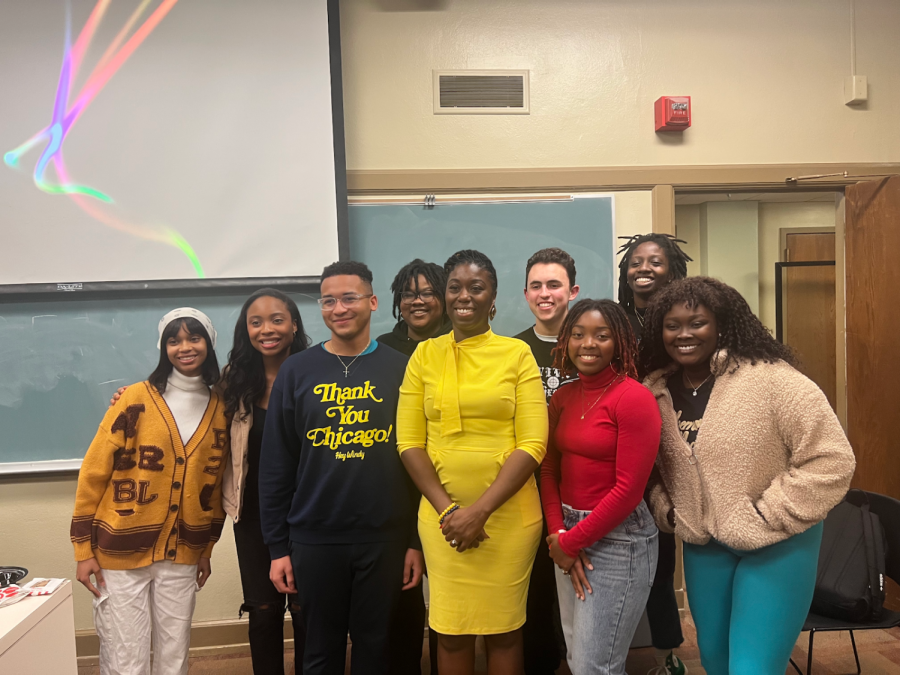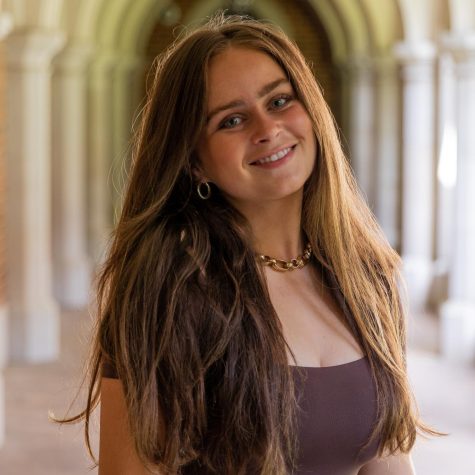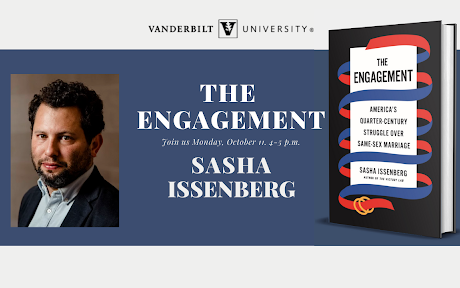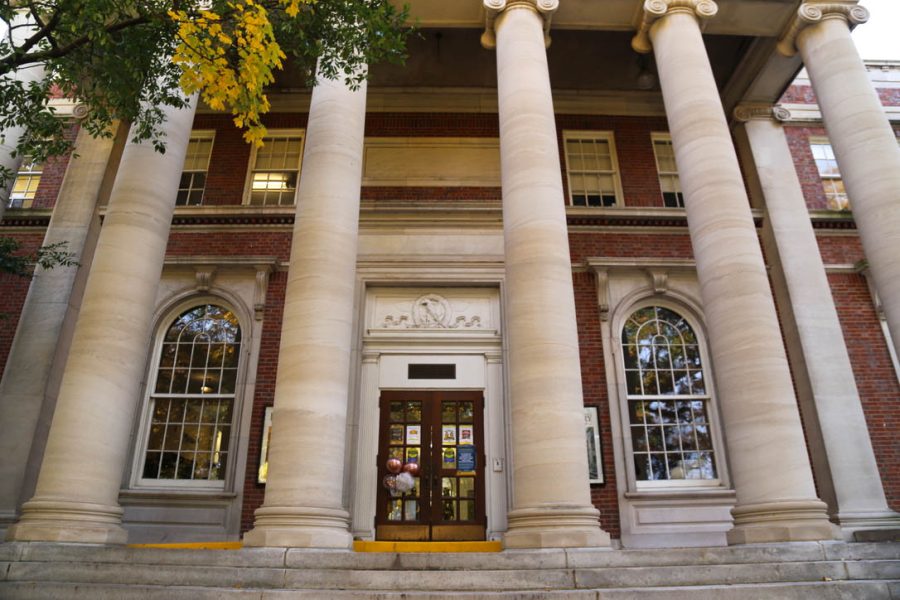Vanderbilt’s NAACP chapter hosted District 19 Tennessee State Senator-Elect Charlane Oliver (‘05) on Nov. 16. The event featured a discussion on political and civil rights issues in Nashville, as well as advice from Oliver on how to uplift marginalized communities and make a difference as a college student.
Oliver began by sharing about how the murder of Trayvon Martin, who died just two days before her son was born, was one of the events that motivated her to get involved with politics.
“That really struck me, because as a mother, I was now about to raise a son. How am I going to raise a son in this society, in this environment, that sees him as a threat, that sees our Black boys as disposable?” Oliver said.
In 2015, Oliver began working for the Williamson County Chamber of Commerce as communications director. Oliver said she was the only Black employee on a 20-person staff. As a result of her personal trauma and professional experiences with discrimination, Oliver decided to get involved in politics to make her voice heard and to advocate for racial equality. Her involvement in politics began when she assisted Christiane Buggs in Buggs’ campaign for the Metro Nashville Public School Board, where Oliver said she learned a lot about the election process and the barriers that many prospective candidates face.
“Politics is very white-male dominated,” Oliver said. “But what I see today is a lot of white people who are paid to go out and get the Black vote.”
Despite funding obstacles, Buggs won the race in 2016 and currently holds the position.
Oliver also recounted meeting up with her friends at the end of 2016 to discuss how to start a political action committee (PAC) to support the Black constituency.
“We met up at Chili’s, right across the street,” Oliver said. “We brought our kids, and it probably ended up being a three hour meeting. That was the day my life changed forever.”
Oliver said that she and her friends realized that the names on the ballot would not matter if people did not vote, so they started two organizations: the “Power of 10 PAC,” which, per Oliver, was designed to put Black names on the ballot, and the “Equity Alliance” to ensure people could fairly register to vote in order to vote for these candidates.
“We each put in $250 of our own money to fund both entities, and we just started with that. We were going to places we knew Black people were just to engage people,” Oliver said. “We knew we were onto something, that so many people needed this type of conversation, they needed an outlet, and it just caught on like wildfire.”
In 2018, Oliver and the Equity Alliance were asked to participate in the Tennessee Black Voter Project. Joined by approximately 25 organizations across the state, the Equity Alliance made history as a state-run coalition working to register voters.
“We registered 91,000 people to vote, and that had never been done. We did it in three months,” Charlene said. “In a state like this, we changed the game.”
However, leading up to the 2018 midterm election, per Oliver, many of the voter registration forms were never fully processed by the state legislature.
“[The state legislature] tried to say we overburdened the system by registering too many people,” Oliver said.
Partnering with the NAACP chapter in Shelby County, Oliver and the Equity Alliance sued the state legislature and won.
“A week before election day, they had to process 10,000 forms. They had to hire extra people,” Oliver said.
Since this victory, Oliver said the Equity Alliance has gone on to win many other lawsuits to mitigate legislative attempts to suppress voters. Additionally, the Equity Alliance was successful in advocating for the use of absentee ballots during the COVID-19 pandemic.
“We used to be the third easiest state to vote in in the 90s,” Oliver said. “We are now the 10th hardest state to vote in. It is by design, through policy, that we are like this.”
Oliver said she was not originally interested in running for office. After the District 19 Tennessee State Senate seat became available when, though, Oliver decided to run for office because of her opponent, Jerry Maynard.
“Everyone picked [Jerry Maynard] to win, everyone. But not me,” Oliver said. “In my mind, he represented…the elite establishment that was always getting in the way of progress.”
In her campaign, Oliver focused on the rising cost of housing, gentrification, gun violence, healthcare and strengthening communities through investing in them. Oliver won her race during the Nov. 8 midterm elections.
“Let that be a mandate in this room: you don’t have to have a last name, you don’t have to have a lot of money,” Oliver said. “I had the people, that was what I was running on.”
Publicity Chair for Vanderbilt’s NAACP chapter Morgan Johnson, a junior, said Oliver’s work was inspiring to her.
“[Oliver spoke about] the importance of young people and voting, I think that’s really important,” Johnson said.
President of Vanderbilt’s NAACP chapter Asya Miles, a senior, commented on Oliver’s statement on the importance of civic engagement, especially for students.
“As Vanderbilt students, a lot of times we come here and stay in our bubble,” Miles said. “Since [Nashville] is somewhere that most of us are going to be living for four years, we just need to have a better understanding of what’s going on around us and ways that we can help out.”






